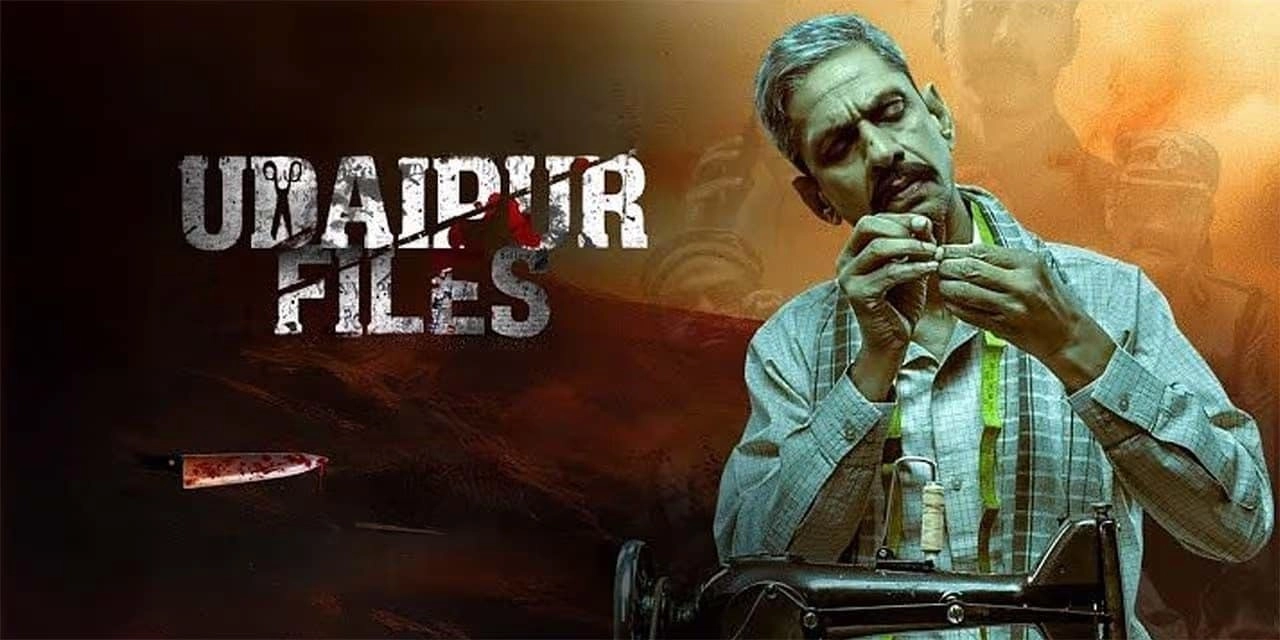The High Court has issued a stay on the release of the much-anticipated film “Udaipur Files,” prompting significant attention and speculation regarding the implications for the film industry and the broader dialogue on artistic expression in India. This decision arrived after the court was presented with concerns that the film might adversely affect communal harmony and public order. The legal intervention underlines the judiciary’s role in balancing the freedom of expression against potential societal repercussions. In light of these developments, the court has directed the central government to evaluate the situation and make a definitive call regarding the film’s release.
The film “Udaipur Files” has been a subject of controversy since its announcement, with debates intensifying around its content and the themes it seeks to explore. Critics argue that films based on real-life incidents, particularly those that touch upon sensitive communal issues, can provoke unrest and deepen societal divides. The stay order reflects a growing trend where filmmakers must navigate the complexities of legal scrutiny while attempting to tell stories that resonate with contemporary audiences. This incident raises essential questions about censorship, the responsibilities of filmmakers, and the role of government oversight in creative endeavors.
As the Centre assesses the situation, stakeholders in the film industry are keenly observing the developments. The outcome of this case may set a precedent for future productions and influence how stories related to historical events are told on screen. Filmmakers often grapple with the tension between artistic freedom and societal responsibility, and this case encapsulates that struggle. The decision to stay the release of “Udaipur Files” serves as a reminder of the delicate balance required in addressing sensitive topics through art.
In the wake of the High Court’s ruling, the public’s response is likely to be diverse, with some supporting the court’s cautious approach while others may view it as an infringement on creative expression. The ongoing dialogue surrounding the film highlights the broader cultural and political climate in India, where narratives that challenge the status quo can provoke polarized reactions. As the court awaits a response from the Centre, the future of “Udaipur Files” hangs in the balance, and its fate may significantly influence the trajectory of Indian cinema in dealing with contentious themes.




